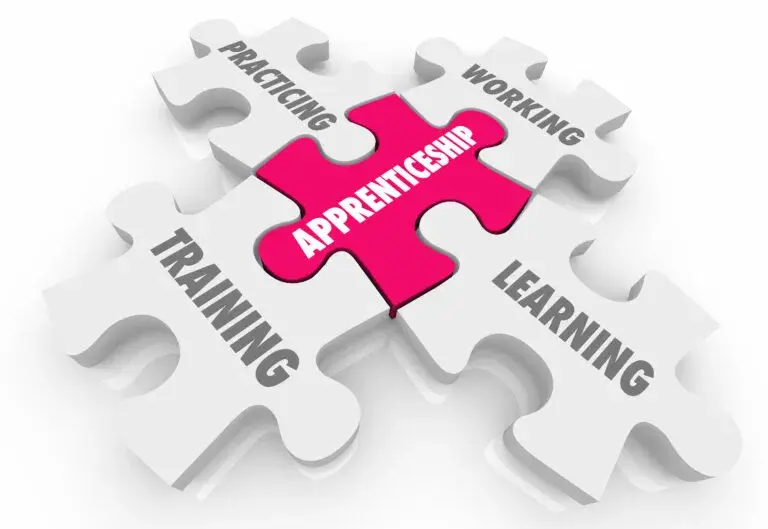In the UK, welders are in high demand. A lack of qualified people means that there are plenty of good jobs available, with opportunities on offer across the country. The best way to get into the industry is through an apprenticeship. Apprenticeships give you the chance to learn and earn on the job and build up the skills you need for a career in welding.
If you’re considering an apprenticeship in welding, getting a better understanding of what exactly the job involves is essential. Here’s a rundown of what you can expect from your first year on the job.
Welders work in a wide range of settings, and the conditions you operate in will depend on your employer and on the project you’re assigned to. Some welders work primarily in the workshop, while others are sent to building sites and a variety of different locations to complete jobs in situ. Be prepared to adapt to varying conditions, including cramped spaces, heat, and working at heights. Adopt a proactive learning attitude by asking questions and seeking guidance from experienced colleagues. This will help you develop your skills more quickly and demonstrate your commitment to your apprenticeship.
Your technical skills will continually improve as you gain more experience. Precision and consistency in your welds will be a primary focus. You'll learn to troubleshoot common welding problems, such as dealing with imperfect welds or adapting techniques to different materials and conditions. Soft skills are also crucial. Effective communication and teamwork are essential, as welding projects often involve collaboration with other tradespeople. Time management and organisational skills will help you balance the various tasks and responsibilities, ensuring that projects are completed efficiently and to a high standard.
Welders often play an integral role in building and construction projects. In many cases, other trades can’t get started until the welders have done their work. This means that a lot of projects involve tight deadlines and a lot of pressure. Even as a 1st year apprentice welder, work can be stressful and it might take you a while to get used to. It’s important to remember that your employer is there to help you, if you feel you can’t handle the workload or you need a little more time to perfect your skills, talk to a senior member about getting the support you need.
What tasks does a welder do? Often, the answer is ‘dangerous ones’. In order to stay safe on the job, you need to ensure you follow all instructions your employer gives you. This is especially important if you’re working in a dangerous location or using powerful and potential harmful equipment. Always wear the appropriate personal protective equipment (PPE) and consult with your employer if you have any concerns about safety.
When you take on a welding apprenticeship UK employers will set out to teach you all of the skills you need for a career in the industry. Your daily tasks might involve following engineers’ drawings and instructions, calibrating and operating machinery, inspecting and testing welds, and cleaning tools.
In most cases, you’ll start on simple jobs like cleaning and tidying when you first begin your apprenticeship. As you get to know the people, the equipment and the work that’s involved, you’ll be given more responsibility and taught how to tackle increasingly complex tasks.
With welders in high demand throughout the UK, now is a great time to get into the industry. To find out more about welding apprenticeships, and to learn about the opportunities near you, download our brochure today.
Image Source: Canva
These Related Stories



No Comments Yet
Let us know what you think